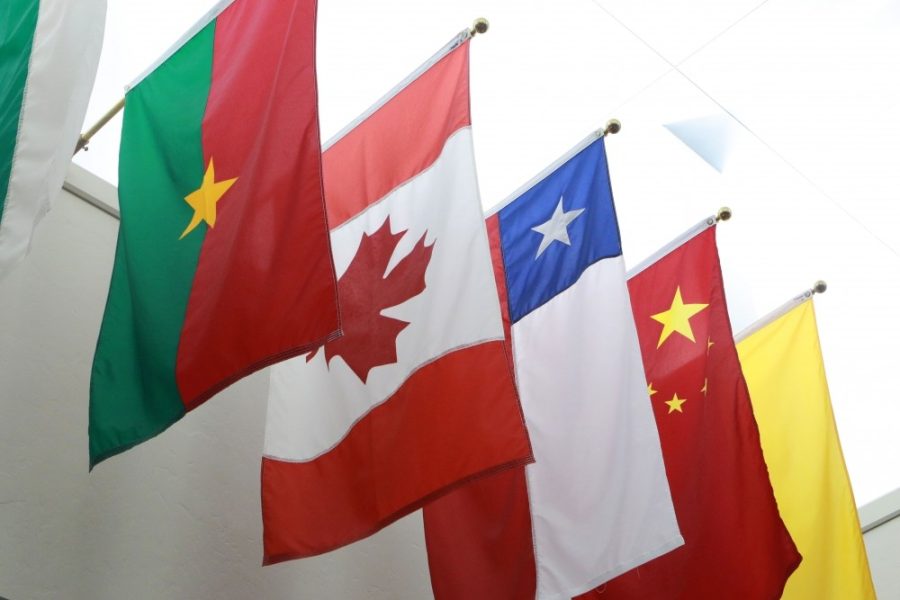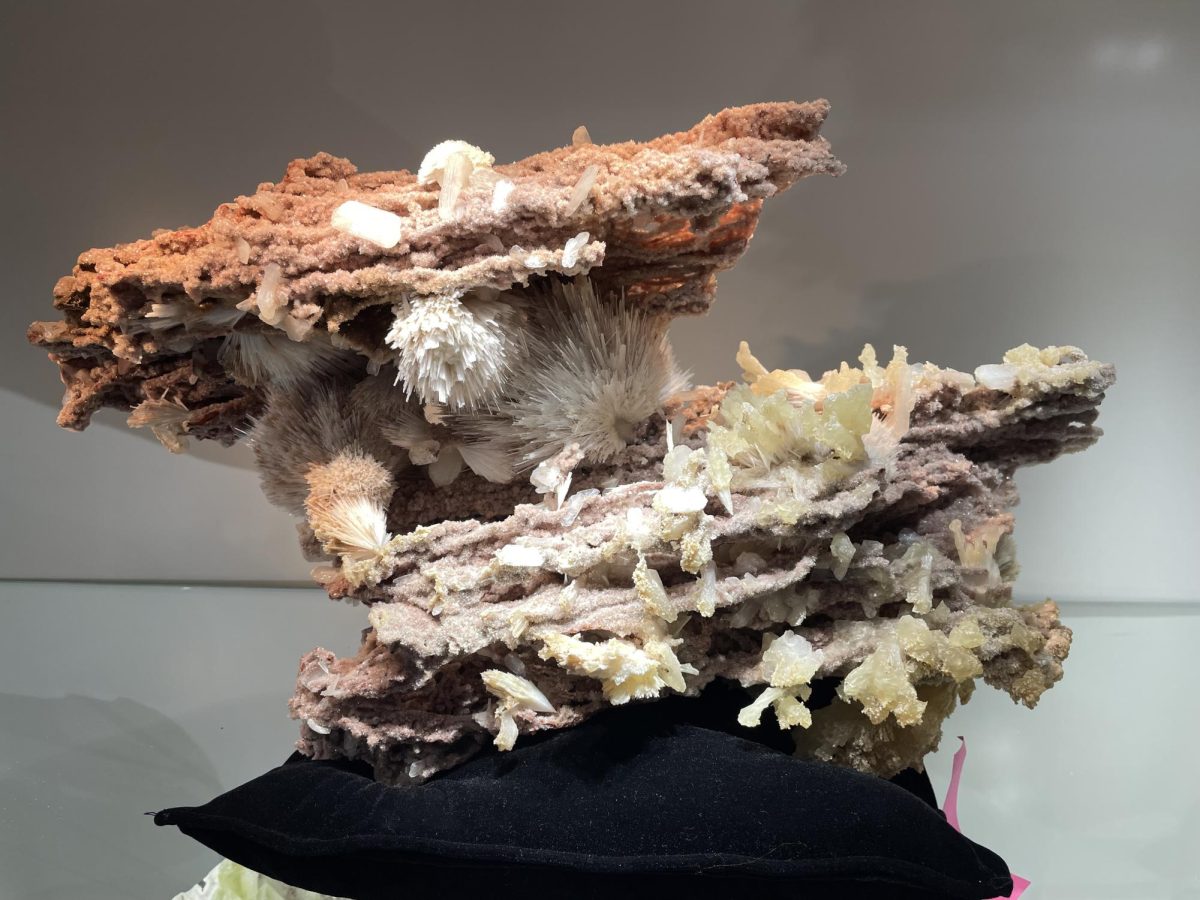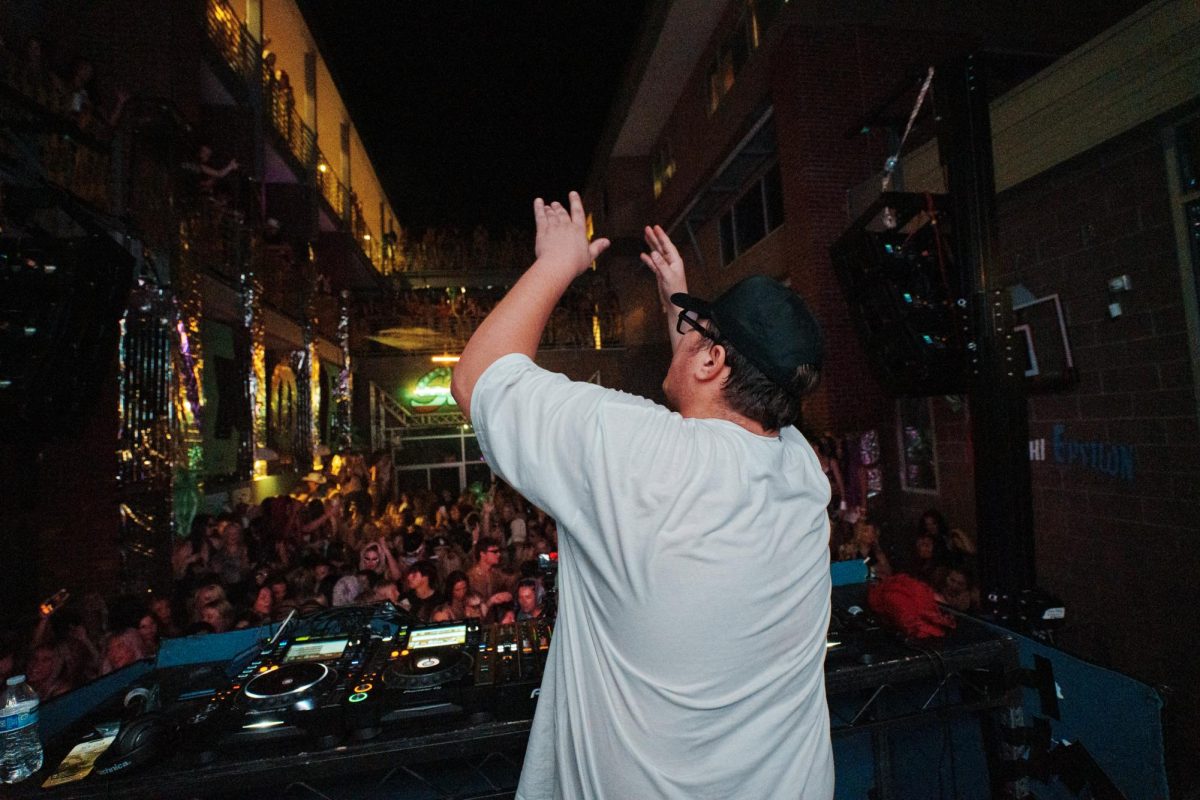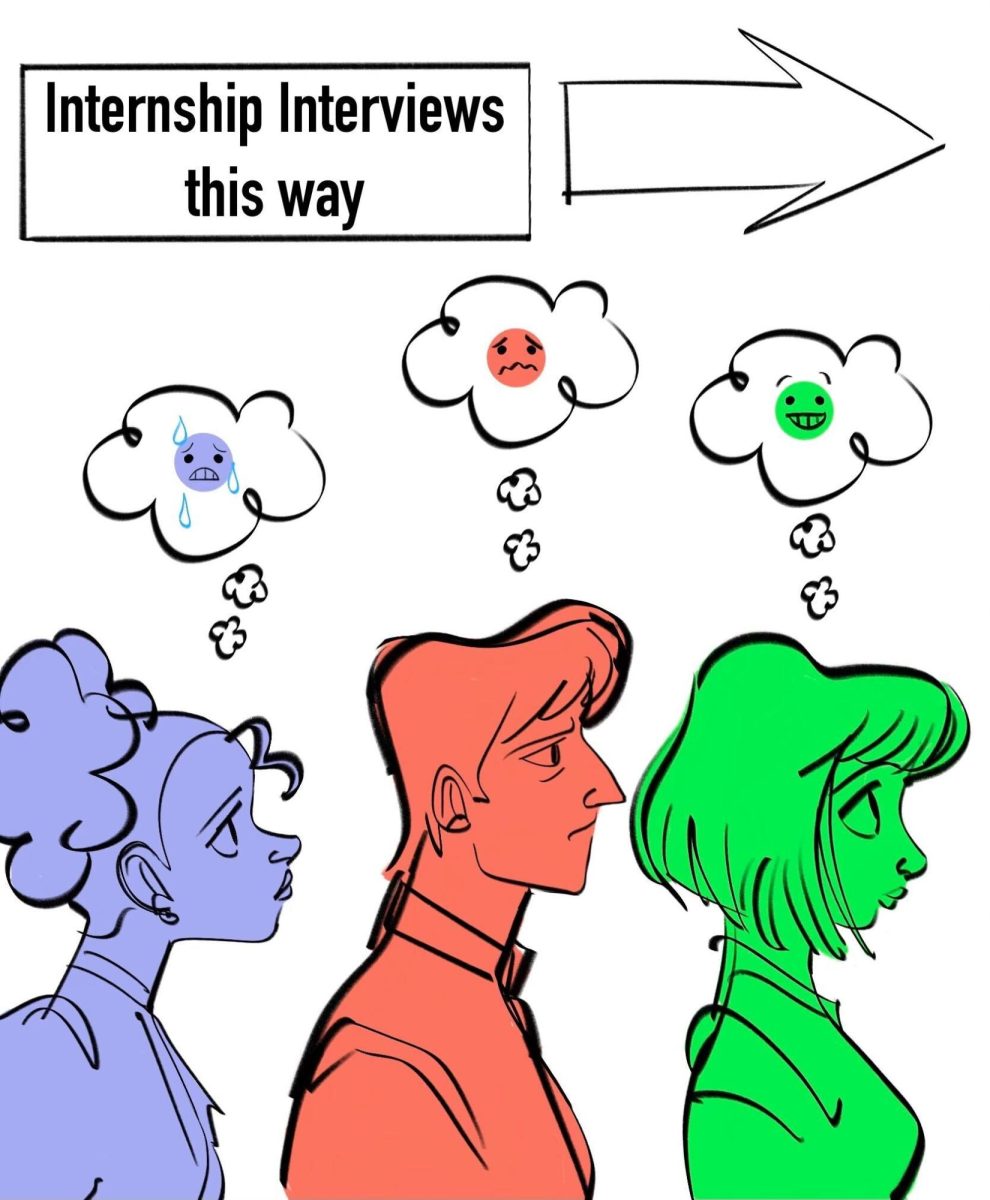This story was produced as part of the Daily Wildcat’s “Election Guide” special print edition, published Wednesday, Oct. 21, and available on campus or online.
The University of Arizona hosts more than four thousand international students, who are part of the over 1 million international students who leave their home countries to live, study and work across the United States. While studying in a new country offers unique opportunities to engage with different cultures, industries and education, it also comes with a plethora of concerns, particularly surrounding the United States’ controversial and ever-changing immigration policies.
According to Rodolpho Souza Amado de Carvalho, a biochemistry PhD student from Brazil, the upcoming elections have been cause for concern for international students.
“They’re worried about the elections,” Carvalho said. “Of course they don’t want Trump to get reelected because it’s going to give that sensation of insecurity, [where] they don’t know what’s going to happen. They don’t know if they’re going to be able to easily go to their countries to come back.”
Carvalho also expressed concern that the Optional Practical Training visa program might be changed. The OPT program allows international students to receive up to twelve months of employment authorization during or after their graduation from an American university.
In May of this year, the Trump administration announced intentions to limit and cut the OPT program in order to provide more jobs for American citizens.
“[The OPT] is a very good thing because you can explore the private sector, you can include some experience in the real world,” Carvalho said. “We have this right as international students, if you’re graduating from [the US]. And this is one of the things that Trump is planning or already trying to take.”
RELATED: “Boys State” and youth politics
The OPT program is not the only one that the Trump Administration has targeted for cuts and overhauls. Since 2017, the White House has been vocal about changing the H1-B visa process as well. An H1-B visa is a nonimmigrant work visa for foreign workers with at least a Bachelor’s degree in a specialized field such as mathematics, IT, supply chain management, finance or medicine.
Chaitanya Ranade is an undergraduate from India studying pre-business. He expressed concerns about the H1-B policy.
“[Trump] is saying that he is … prioritizing American citizens and giving them jobs, but what I see is impacting the H1 visa policy, I will need to work in the United States,” Ranade said.
At the start of October, the Trump Administration announced that they would be overhauling the H1-B visa policy and process. Planned changes include requiring more specific, specialized degrees for foreign workers and to cut down the length of some H1-B visas down from three years to one.
RELATED: Q&A with Arizona Citizens Clean Elections Commission’s Voter Education Director Gina Roberts
Ken Cuccinelli, the deputy secretary for the Department of Homeland Security, predicted that these changes will result in at least one-third of H1-B visa applications being rejected.
These changes, and the attitude of the Trump Administration regarding immigrant and foreign workers, has caused concern for Ranade.
“What scares me is that, after coming here, after my parents invested in me, and getting a degree from the college of management … if I get a job offer from a good company and my H1-B is not approved … they will send me back to India,” Ranade said.
RELATED: UA Webinar examines US-China relations since COVID-19
For Alsa Munaqiah, an Indonesian undergraduate studying finance and management information, the concern over H1-B visa changes motivated her to take on a minor in addition to her two majors.
“I added a minor with a global business because I was like, ‘if I can’t get a job, at least I can start my career somewhere else,’” Munaqiah said. “I’ll have a background in international business, which makes me more suitable to work anywhere else. So that’s my game plan for now.”
Carvalho, Munaqiah and Ranade, who all described themselves as being politically active in their home countries, feel that it’s incredibly important that Americans vote. “[Everyone] should select a candidate who they think can do better,” Ranade said.
For Munaqiah, part of what makes America a place worth living and studying in is its immigrant population and legacy. “America is an immigrant country. That’s what makes America great. And that’s one of the reasons why I came to the United States, because it’s so diverse.”
Carvalho hopes that Americans can consider the positive feelings that international students feel about the U.S.
“I love America. That’s why I decided to come here for undergrad. That’s why I decided to come back for my PhD,” Carvalho said. “I think that that’s something that Americans should see. That an international student probably loves this country just as much as they do.”
Follow Katie Beauford on Twitter















